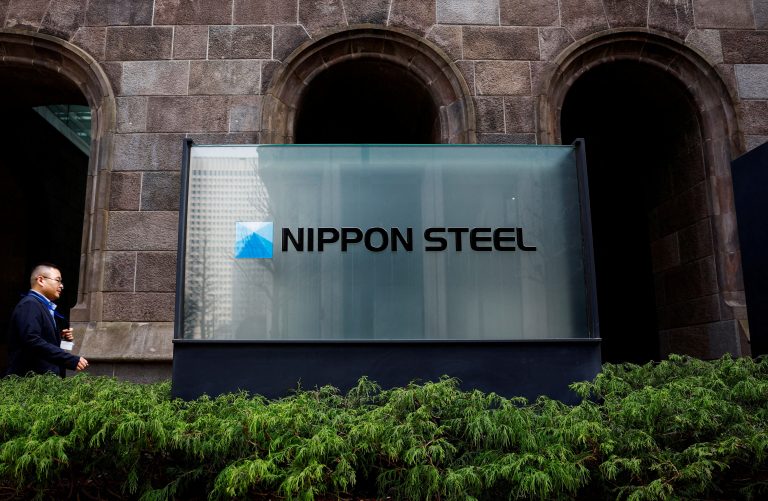In a ruling issued on Dec. 23, a New York judge instructed The New York Times to return confidential legal memos the media outlet had obtained while investigating journalism organization Project Veritas and its attorney.
In September last year, the NYT published a piece that called the reporting done by Project Veritas “deceptive” based on some confidential memos the paper had obtained. The memos were prepared by Benjamin Barr, an attorney at Project Veritas.
It contained advice from Barr on how Project Veritas’ journalists, who often go undercover, can continue with their investigative efforts without breaking any laws. Project Veritas sued the NYT for defamation in October 2020, accusing it of obtaining privileged materials without first securing authorization. It is unclear how the newspaper obtained the memos.
On. Nov. 6, NYT reported that the FBI had raided the home of James O’Keefe, the founder of Project Veritas, as part of an investigation concerning the missing diary of President Joe Biden’s daughter, Ashley Biden. In this story, the NYT had once again quoted the memos that include attorney-client communications. Project Veritas accused the media company of violating attorney-client privilege.
Last month, Justice Charles D. Wood ordered the NYT to appear in court and blocked the paper from publishing any more memos. In the Dec. 23 ruling, Wood rejected the NYT’s argument that the memos involved issues of public concern.
Success
You are now signed up for our newsletter
Success
Check your email to complete sign up
He pointed out that it is not the public’s business to be privy to the legal advice that the plaintiff or any other client receives from its counsel. It is “clear” that the balance “tips in favor” of the attorney-client privilege granted by law, the judge said.
“The court finds that Project Veritas has met its burden of showing that the subject memoranda were obtained by irregular means, if not both irregular and improper means,” Wood said in his ruling.
The judge pointed out that even though every media outlet might believe that anything it publishes is a “matter of public concern,” there are some things that are “not fodder for public consideration and consumption.” A client seeking advice from a counsel “cannot be a subject of general interest,” he insisted.
Wood ordered the NYT to return the memos to Project Veritas and destroy all copies of memos the paper possesses, including those posted to the internet. All copies the paper provided to third parties must also be retrieved.
The NYT has 10 days to comply with the court ruling. Wood asked Project Veritas to notify the court by the end of next month in case the NYT fails to comply with the order. He warned the paper that non-compliance can potentially result in sanctions.
The publisher of NYT, A.G. Sulzberger, lashed out at the judge’s decision. He revealed that the newspaper is appealing the ruling issued by the court.
“This ruling should raise alarms not just for advocates of press freedoms but for anyone concerned about the dangers of government overreach into what the public can and cannot know… In defiance of law settled in the Pentagon Papers case, this judge has barred The Times from publishing information about a prominent and influential organization that was obtained legally in the ordinary course of reporting,” Sulzberger said in a statement.
In a statement, O’Keefe accused the NYT of being “so blinded by its hatred” of Project Veritas that everything the paper does ends up in a “self-inflicted wound.”
“Today’s ruling affirms that the New York Times’ behavior was irregular and outside the boundaries of law… The Court’s thoughtful and well researched opinion is a victory for the First Amendment for all journalists and affirms the sanctity of the attorney-client relationship,” Elizabeth Locke, an attorney for Project Veritas, said in a statement.
She accused the NYT of having “long forgotten” the meaning of journalism to the extent that it has become “a vehicle for the prosecution of a partisan political agenda.”















